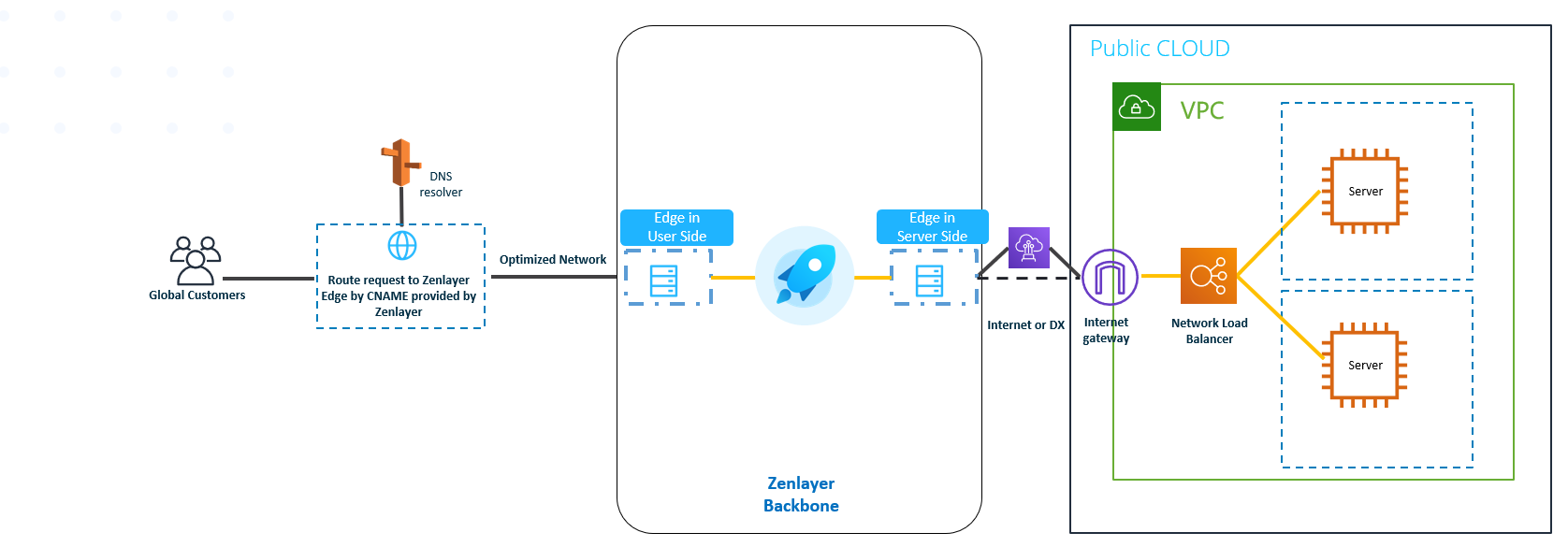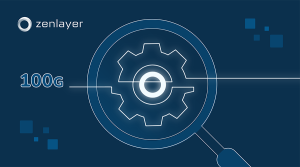Online shopping is once again picking up steam, as consumers continue to rely heavily on virtual platforms to buy gifts and everyday items. According to Adobe, online spending is expected to increase by 11% and reach $910 billion this holiday season.
Looking ahead into 2022 — and year three of the pandemic — there is an excellent opportunity at hand for ecommerce providers. This especially true in emerging economies throughout places like China, Southeast Asia, Africa, and Latin America. Emerging markets offer access to billions of potential digital customers, as well as an expanding middle class that is becoming increasingly connected. Of note, Latin America’s ecommerce market is expected to increase by 37% by the end of 2021, due to rising digital payment and mobile adoption. At the same time, Southeast Asia has added 70 million online shoppers since the beginning of the pandemic. Overall, ecommerce penetration in Southeast Asia is on pace to increase by 85% the end of 2021.
But while market conditions may be favorable for ecommerce providers, many companies are struggling to thrive on the international stage. The fact is, penetrating emerging global markets is often easier said than done because companies lack supporting edge cloud infrastructure.
Keep reading to learn common technical hurdles facing ecommerce providers in emerging markets, and why edge cloud is key for success. We’ll also explore some strategies that you can use to improve outcomes when deploying ecommerce services in emerging markets.
Top Challenges for Global Ecommerce Providers
Here are some common obstacles that ecommerce providers face when expanding into emerging markets.
Limited edge infrastructure
Emerging markets tend to have fewer infrastructure options for ecommerce providers. In addition, local infrastructure tends to be more unstable than developed markets. The lack of high-quality network infrastructure makes it difficult to deploy cloud services to local customers.
Poor digital performance at the edge
Companies often route data hundreds or thousands of miles over the public internet to reach customers. This leads to issues like latency and jitter, making it impossible to access supporting services like streaming content, images, and live customer support.
Slow cloud synchronization
Poor connectivity can also create internal challenges for global ecommerce providers. Companies today are highly distributed, with teams spread out across different regions. It is common to experience slow cloud synchronization across regional servers, making it harder for team members to communicate, collaborate, and update digital applications.
Rising consumer expectations
Consumers in emerging markets increasingly expect seamless buying experiences on mobile applications and websites. Companies that fail to provide great experiences therefore risk losing customers to competitors. Research indicates the first 5 seconds of page load time have the highest impact on conversion rates. Website conversion rates drop by about 4.42% for each additional second of load time between seconds 0-5. And conversation rates drop by an average of 2.11% for each additional second of load time between seconds 0-9.
Edge Cloud: A Key Enabling Technology for Global Ecommerce
What is edge cloud?
If you’re new to the term, edge cloud is a strategy that involves pushing computing and storage closer to the source where data originates.
So instead of routing data over long distances, edge cloud allows you to collect and process data near local end users in places like Jakarta, Singapore, and Manila. This is possible by working with an edge cloud services provider offering distributed edge PoPs in strategic global markets.
How does edge cloud benefit ecommerce providers?
By deploying edge cloud services, you can lower response times and reduce overall bandwidth consumption. As a result, you can enable stronger digital experiences and reduce operating costs.
With edge computing, it’s possible to enable true real-time data transmissions. Edge cloud can reduce issues like jitter, latency, and packet loss and boost user satisfaction — leading to happier customers, fewer complaints, and better reviews.
How Zenlayer Helps Ecommerce Providers Overcome Technical Hurdles
As you can see, providing ecommerce services in emerging markets is no easy task. But with the help of a trusted edge cloud services provider like Zenlayer, the process becomes much easier. Zenlayer offers simple workarounds that can save your business a great deal of time and money and improve shopping experiences for customers across all global regions.
It’s possible your business may run its own independent ecommerce website and deploy services using the public cloud. In this scenario, you will have control over your platform and server. For this type of use case, Zenlayer would recommend digital acceleration using the all-new Zenlayer Global Accelerator (ZGA) platform. All you have to do is provide the platform IP address and domain. ZGA can then route traffic through the nearest PoP and then to your server in the public cloud.

If you’re running an independent ecommerce business, then it’s also likely you are relying on supporting third-party marketing and payment services and accessing them via API. In this case, Zenlayer would deploy a FortiGate-VM together with your ecommerce servers to identify and direct the traffic to target API domains through Zenlayer backbones.

If your ecommerce business is using a third-party platform like AWS or Alibaba, then you won’t be able to access the underlying platform server. This limits the amount of control that you have over the service. However, it’s still possible to improve the way customers interact with your ecommerce store by using Zenlayer as a forwarding proxy service provider. With this scenario, the transaction data will be encrypted through the whole transmission and customers can enjoy an optimized shopping experience.

Supercharge Your Ecommerce Platform with Zenlayer
Now is the time to make sure your ecommerce platform can support your growing business. With the help of Zenlayer, your company can enhance platform stability and performance, and improve digital experience for customers regardless of their location.
To learn more about how Zenlayer can enhance your ecommerce platform, visit our ZGA or Cloud Networking product pages. Or, schedule a consultation with a member of our team.







